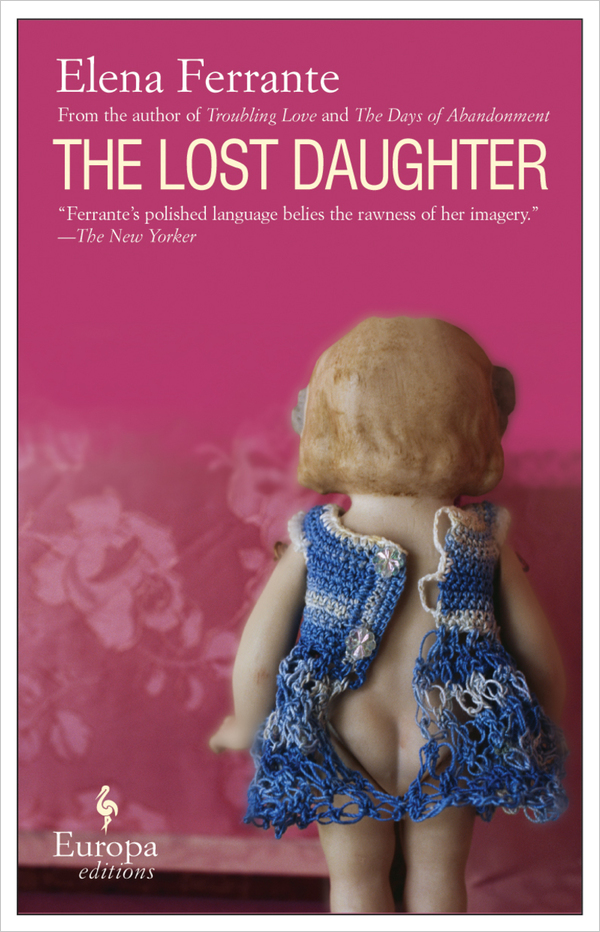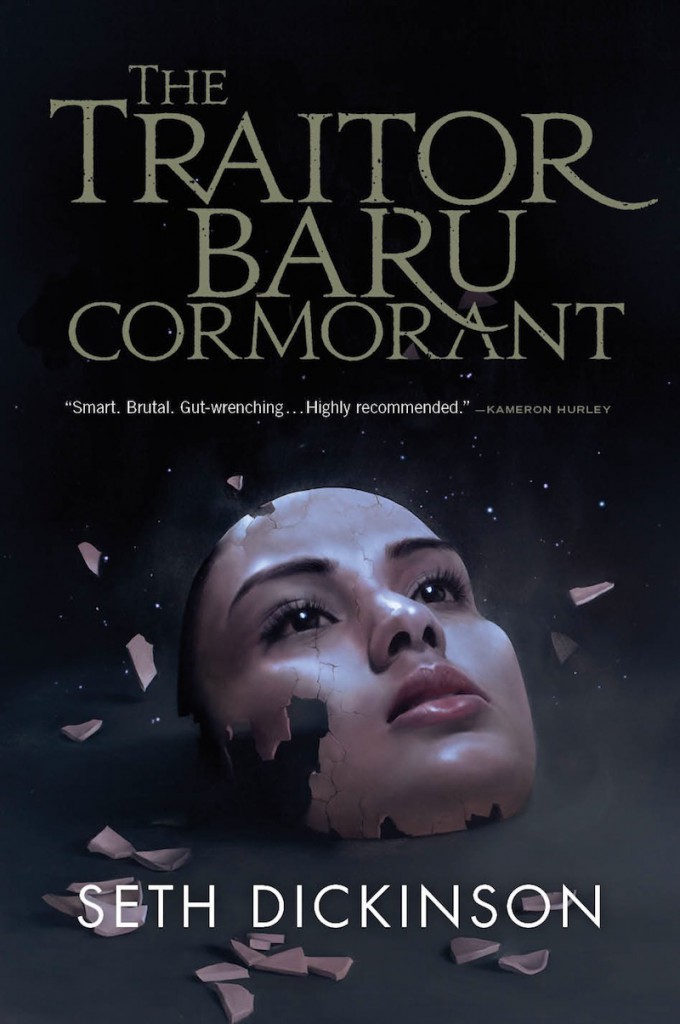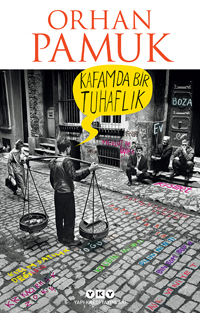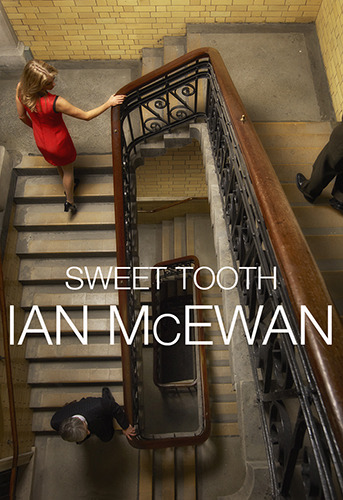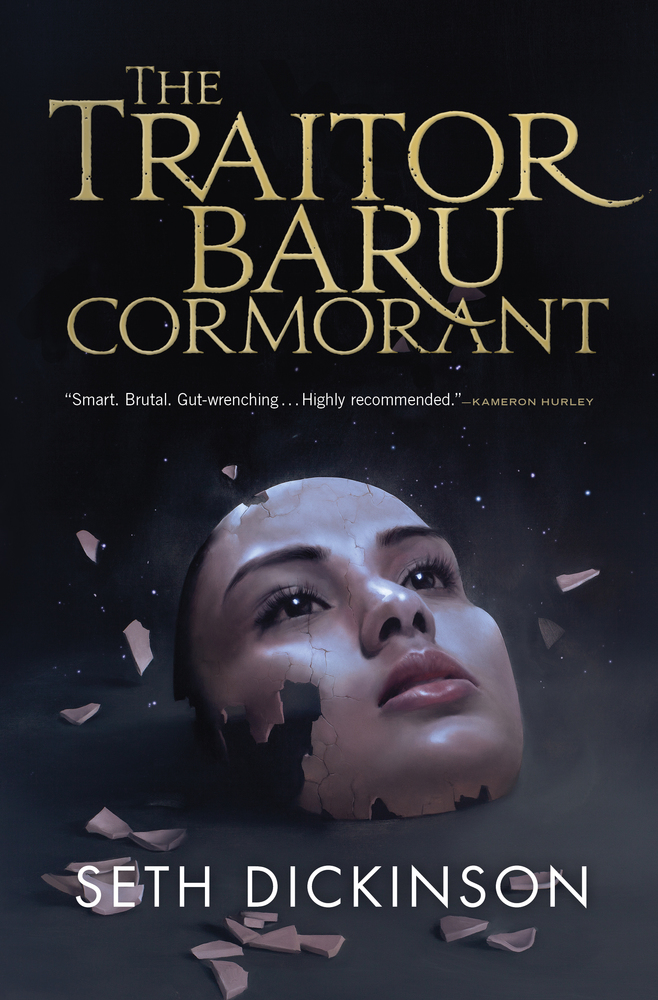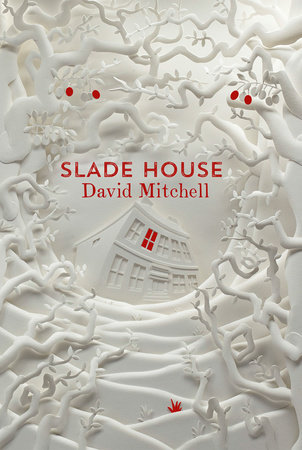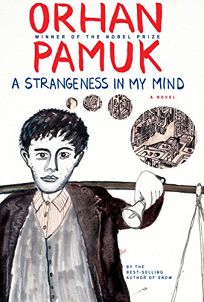"I'm dead, but I'm fine."Dead inside, she means. Or maybe just dead to some people in particular.
I found The Lost Daughter, by Elena Ferrante, to be an uncomfortable little book. Like The Days of Abandonment, it is an emotionally raw book with a narrator that says things that nice women, good mothers, aren't supposed to say.
One looks at a child and immediately the game of resemblances begins, as one hurries to enclose that child within the known perimeter of the parents. In fact it's just live matter, yet another random bit of flesh descended from long chains of organisms. Engineering — nature is engineering, so is culture, science is right behind, only chaos is not an engineer — and, along with it, the furious need to reproduce. I had wanted Bianca, one wants a child with an animal opacity reinforced by popular beliefs. She had arrived immediately, I was twenty-three, her father and I were right in the midst of a difficult struggle to keep jobs at the university. He made it, I didn't. A woman's body does a thousand different things, toils, runs, studies, fantasizes, invents, wearies, and meanwhile the breasts enlarge, the lips of the sex swell, the flesh throbs with a round life that is yours, your life, and yet pushes elsewhere, draws away from you although it inhabits your belly, joyful and weighty, felt as a greedy impulse and yet repellent, like an insect's poison injected into a vein.The novella spans the length of Leda's holiday on the coast, which she cuts short after just a couple weeks. An English professor at the university in Florence, she spends her vacation days at the beach, and she is quickly engrossed in unravelling the stories and dynamics of an extended Neapolitan family who have settled down near her. They are loud and rough — vulgar — exactly the kind of people Leda has struggled her whole life to escape.
Your life wants to become another's.
She is particularly entranced by a 4-year-old girl, Elena, and her young mother. Their relationship is marked by intensity and tenderness; Leda obsesses over it and seemingly covets it. Then one day Elena loses her doll, and Leda is drawn into their drama more directly.
I watched the child, but, seeing her like that, alone and yet with all her ancestors compressed into her flesh, I felt something like repugnance, even though I didn't know what repelled me.Leda's train of thought leads us back through her relatively short marriage. We learn that she has two daughters, now grown, whom she'd abandoned. We have occasional glimpses of her own mother ("How I suffered for her and for myself, how ashamed I was to have come out of the belly of such an unhappy person.") and the life she left behind in Naples.
"Now it seemed to that an encrusted sediment that had been lying for decades in the pit of my stomach was stirring."Throughout The Lost Daughter, Leda is overwhelmed with feelings of disgust and revulsion. Beneath the surface layer, the fruit are overripe and rotten. The smell disgusts her. Insects on her pillow. A repulsion for an adult's fake-child voice and a child's fake-adult voice. The doll gurgles something bilious, stomach filth, stagnant liquid. Leda almost constantly feels irritated, exasperated, agitated, annoyed, distressed. She feels a vague irritation, an uncontainable aversion. And this attitude pervades the entire book.
So who is the eponymous lost daughter?
When Elena is briefly lost at the beach, Leda remembers herself being lost, and also when her firstborn was lost at the beach.
Bianca was crying when they found her, when they brought her back to me. I was crying, too, with happiness, with relief, but meanwhile I was also screaming with rage, like my mother, because of the crushing weight of responsibility, the bond that strangles.Leda's daughters live in Toronto with their father; on many levels they are lost to her — they will never understand how their mother abandoned them. But the title references a singular daughter.
Perhaps Leda is the lost daughter; when she had ambitions beyond those circumscribed by Neapolitan life, she disconnected from her roots.
Perhaps Leda views Elena's mother as a lost daughter, a daughter preferable to the ones she had. She is more like her, and present.
Elena's doll is lost, and she is an imaginary daughter, and also a symbol of all the other daughters in this book. A nonexistent, ideal daughter. The doll herself, in play, mimicking Elena's aunt, is pregnant; perhaps the lost daughter is the bile inside her, expelled, aborted.
"Children are always cause for worry."I love the intensity of Ferrante. Her writing is compelling in its honesty, but it is emotionally exhausting to read. It'll be a few months before I'm ready to face her again, but I look forward to the Neapolitan novels.
